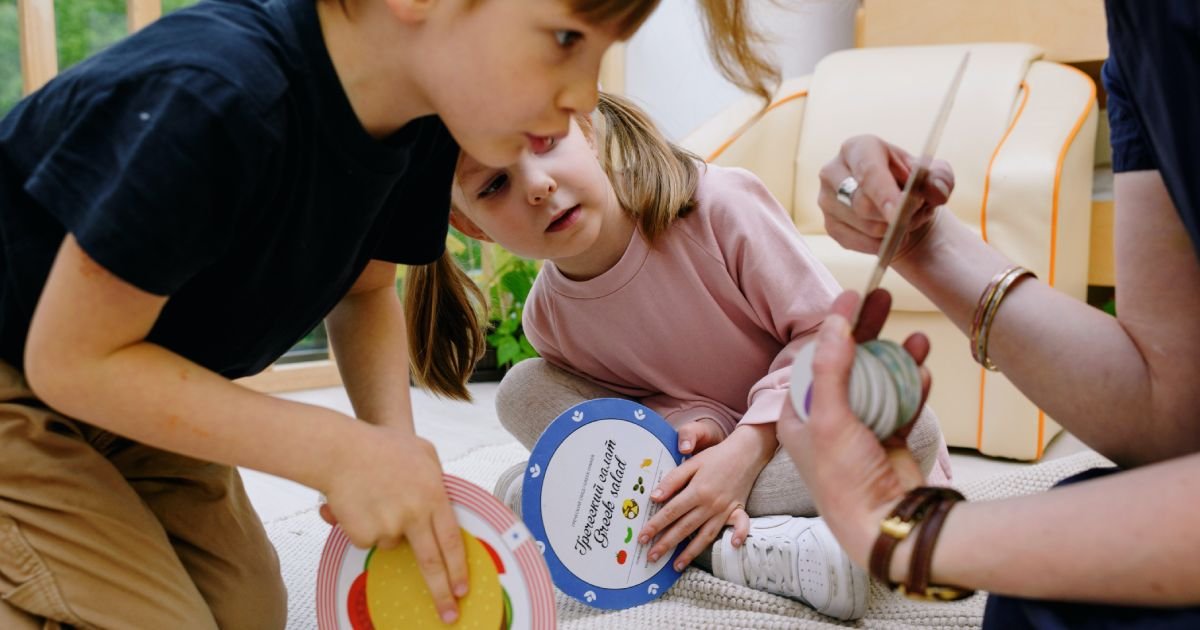Photo by RODNAE Productions from Pexels
More often than not, we shy away from talking about money and when we do, it’s almost always about something practical.
However, the more you experience the outcomes of your financial decisions, the more you will realise that these have little to do with practicality and more to do with your emotional behaviour.
As a practical investment, bank fixed deposits are not rewarding given the low rate of interest, tax on interest received and current high inflation in the economy. Yet, the bulk of India’s retail savings is invested in these bank fixed deposits. It does not appear to be a good practical choice when you make the calculations, however, it is an easy choice to make when you think about the emotions that drive this behaviour.
Banks are considered safe and your money is thought to be secure. There is an ease of transaction because of the fact that many of us already have a bank account and this investment is attached to that. In a sense, it feels very familiar. Lastly, fixed deposits are what got the previous generation into a very solid savings habit and they were able to provide for the next generation by saving money and investing in such bank deposits.
However, a lot has changed. Before 1990, inflation or price rise was not a major concern and in such a situation bank deposits can afford to give you a positive real return, which is no longer the case.
Over the last three decades, the options for making meaningful, wealth accretive financial investments have increased manifold.
The stock markets have gotten regulated and transparent, there are mutual funds and even high-quality corporate deposits which can add more towards your wealth creation journey.
Many of us though, fail to look at these details and continue to do what feels familiar and easy, invest in bank fixed deposits.
Personally, I do not own any bank fixed deposits, because the calculations clearly show me that post-tax and adjusting for inflation, I make a negative return on these products.
Instead, I choose to invest in high-quality market-linked investments which are tax-efficient and give me a better compounding return for long term wealth creation.
A practical way to shift behaviour
The key is to understand the practical aspects of your financial decisions while keeping your financial goals within the emotional framework of your mind space.
Your goals in life are supported by the money decisions you make and while the goal itself is birthed from your emotional side, your money solutions to achieve those goals need not be emotional too.
The first step in the process is you articulate your goals in writing. Bring the thought of your ideal life out of your mind and onto paper. This small step of writing your goals brings a sense of reality to them and makes them more believable and achievable.
Step two is to assign a monetary value to this goal (or goals). Here is where you are shifting from being emotional to being practical. Take some time, do your homework and while the monetary value doesn’t have to be precise, you can arrive at a close approximation in this.
Step three is to match your savings and the estimated future return on these with the approximate monetary value of your goals. If there is a negative gap and your monetary value of the goal is higher than the future value of your savings, go back and read your own written down life goals again. That is where you will find the motivation to alter your money behaviour and make more positive choices towards achieving the outcome you desire.
This shift also requires you to educate yourself about the options and choices available to you, along with admitting that perhaps you can use some help along the way.
Financial coaches and financial advisors are well placed to handhold you through the transition in shifting your money decisions.
An emotional trigger for the shift
When money decisions begin to cause anxiety and stress because they are not achieving what you thought they might or the outcomes come with uncertainty which you were not ready for, it becomes internally frustrating.
Internalising this stress can result in straining personal relationships with people who are directly or indirectly impacted by your money choices. For example, when your sibling achieves better outcomes with her money decisions, you start to feel less accomplished and get bitter around her. Maybe when your spouse asks about the outcome of your money choices and you know it’s not worked out the way you envisaged, you get defensive and it comes out as anger around your partner.
These emotional reactions are the sort of money behaviours which we don’t acknowledge willingly but deserve to change.
A deteriorating relationship with your loved ones should be the motivation you need to take the steps required to change your subpar money relationship and choices. Use the negativity in relationships as fodder for change rather than evading and ignoring the problem at hand.
Once again if this is an overwhelming thought and confronting money emotions often take us to that zone, then know that you can ask for help.
Find a financial well-being practioner or a financial coach who can help you embrace self-awareness around your behaviour and motivate you towards change.
The motivation you need to change the negative and poor outcomes of your money choices are right there around you. What you need to do is harness the energy of your own consciousness and acknowledge the need for change first, the rest will follow. Your own first step and your ability to move forward, one step at a time, can become the biggest source of motivation to arrive at positive money behaviours.







0 Comments